Publications
Articles, publications, books, tools and multimedia features from the U.S. Institute of Peace provide the latest news, analysis, research findings, practitioner guides and reports, all related to the conflict zones and issues that are at the center of the Institute’s work to prevent and reduce violent conflict.
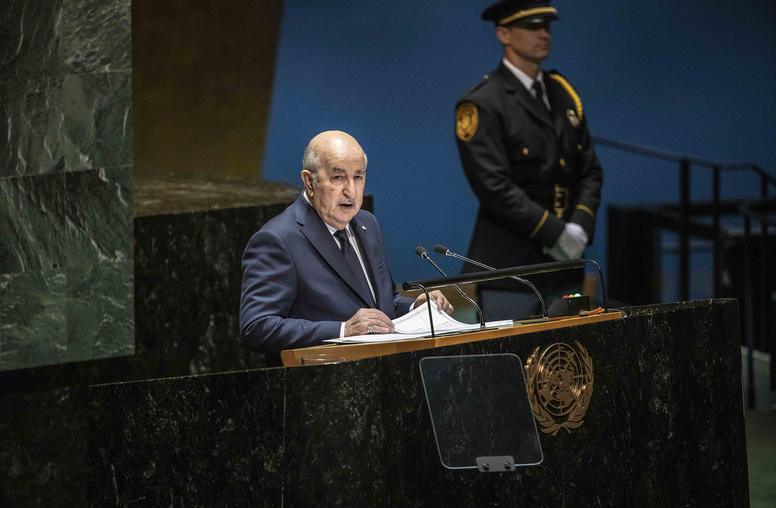
Can Algeria Help Niger Recover From Its Army Coup?
Democracies and democracy advocates should welcome this week’s tenuously hopeful sign in Algeria’s announcement that the 10-week-old military junta in Niger has accepted Algiers’ offer to mediate in a transition to civilian, constitutional rule. Still, Algeria’s government and the junta left unclear the extent of any agreement on mediation, notably disagreeing on a basic element: the duration of a transition process. Algeria can bring significant strengths to a mediating role. In stepping forward from what most often has been a cautious posture in the region, Algeria creates an opportunity that international partners should seek to strengthen.
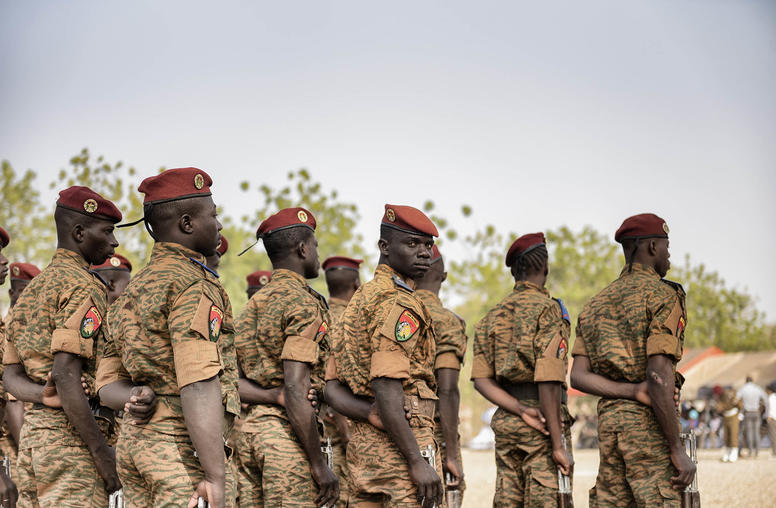
Another Coup in the Sahel: Here’s a Way to Halt This Cycle
This month’s coup d’etat in Burkina Faso, the seventh in 26 months around the Sahel region, only extends the Sahel’s long agonies of failing governance, civil wars and violent extremism. Military-led intervention by France and other outside powers has failed to stem the widening destabilization of a landmass and population vastly bigger than those of the recent U.S. wars in Afghanistan or Iraq. U.S. and international security require a policy reset that addresses the Sahel crisis’ causes rather than its symptoms. In Burkina Faso and other states, this means supporting inclusive processes of national dialogue that can mobilize whole of the society to address those causes.
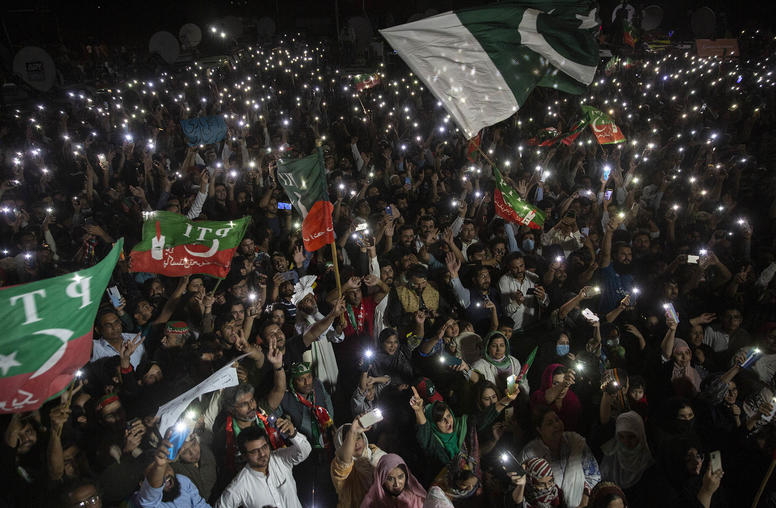
In Pakistan’s Crisis, Judicial, Military Roles Will Be Vital
Pakistan’s eruption into new political crisis this week elevates the risks — in South Asia and beyond — of instability in a nuclear-armed state that is also the world’s fifth most populous. The authorities’ arrest of former Prime Minister Imran Khan triggered a confrontation between his many supporters and Pakistan’s politically powerful military, which many Pakistanis say precipitated Khan’s detention. As U.S. policymakers monitor this still-unfolding crisis, a first useful step may be to carefully press Pakistani leaders to avoid any unlawful repression or military intervention.
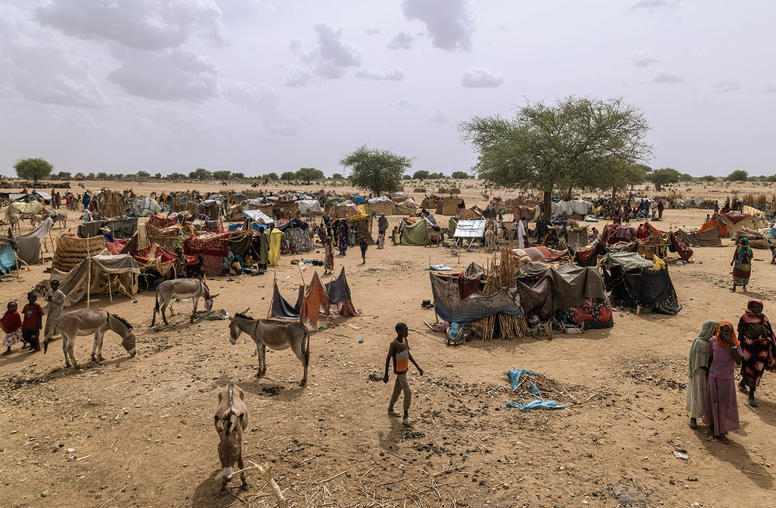
Sudan’s Crisis Offers New Lessons for Building Peace in the Sahel
Sudan’s five-week war has killed or wounded over 5,000 people, uprooted a million more — and reignited understandable frustrations over how U.S. and international policies can better prevent or respond to such upheavals. Amid heated policy debates, we should step back briefly to pinpoint lessons from this crisis that can improve our responses in Sudan and across the Sahel’s web of coups, insurgencies and extremism. Indeed, that task is urgent — both to address the complex evolutions in the region’s crises and to build support for smarter, steadier engagement, rather than a self-defeating retreat from the Sahel by global partners seeking democracy and stability.
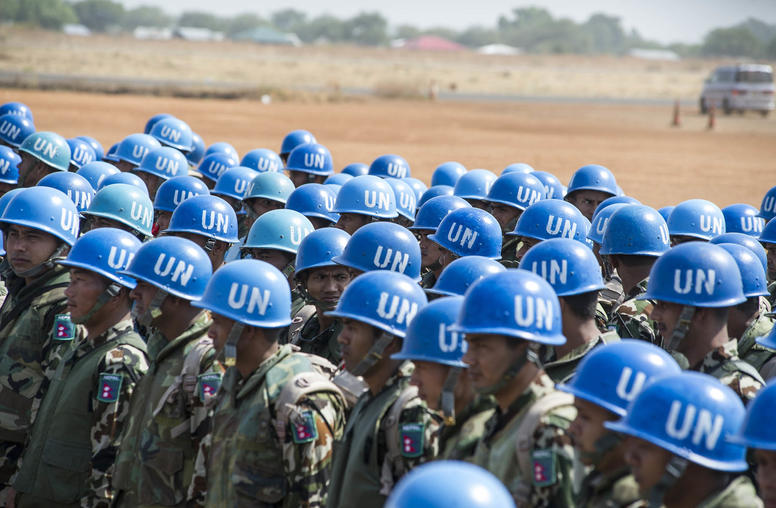
What’s Next for the Blue Helmet 75 Years Later?
When the 1948 Arab-Israeli War ended in a cease-fire agreement, the international community recognized that an independent monitoring mechanism offered the best chance of maintaining the fragile peace process. And so, 75 years ago this week, the U.N. peacekeepers were deployed for the first time. Their mission in that conflict would become the template for U.N. peacekeeping operations for decades to come: Bringing stability to tenuous and uncertain post-conflict environments.
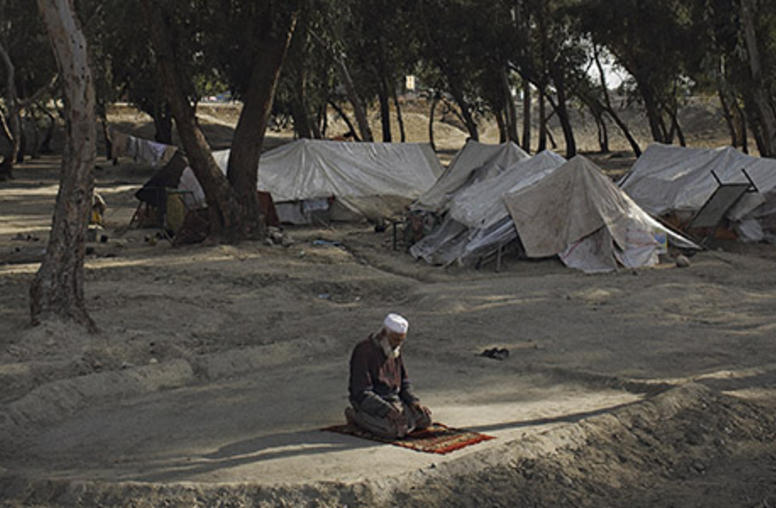
Q&A: Pakistan in the Shifting Neighborhood of 2015
A public backlash against the Pakistani Taliban after a December attack in northwestern Pakistan that killed 134 children has raised hopes that the country’s government and military might finally muster the political will to tackle terrorism and violent extremism. U.S. Institute of Peace Director of Pakistan and South Asia Programs Moeed Yusuf considers the odds in the face of Pakistan’s deteriorating relations with India on the eastern border and a new, though divided government in a still-s...
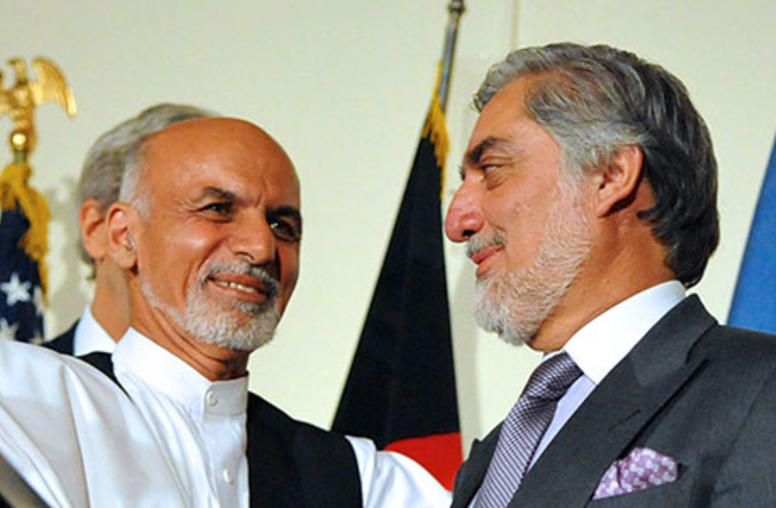
Afghan President Ghani’s Message in U.S. Visit: Help Us Stand on Our Own Feet
Afghan President Ashraf Ghani likely will use his first visit to Washington since taking office to thank the American people for their sacrifice for the cause of peace in Afghanistan, and to appeal for steadfast backing to prevent a precipitous drawdown of U.S. civilian and military support that could plunge his country back into a bloody civil war. According to experts at the U.S. Institute of Peace, Ghani will emphasize that Afghanistan’s new leadership is committed to reforming government,...
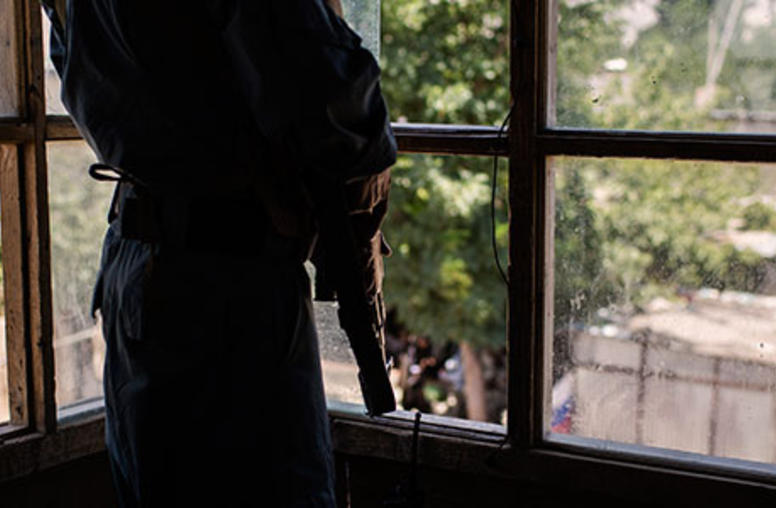
To Help Afghanistan Survive, Narrow the Focus
Afghanistan’s Taliban are trying to defeat the government in this first year following the U.S. military’s withdrawal from combat operations, and their surge in attacks has driven the rate of army and police casualties at least 65 percent higher than last year. Still, a focused strategy can help the government survive, USIP experts say.
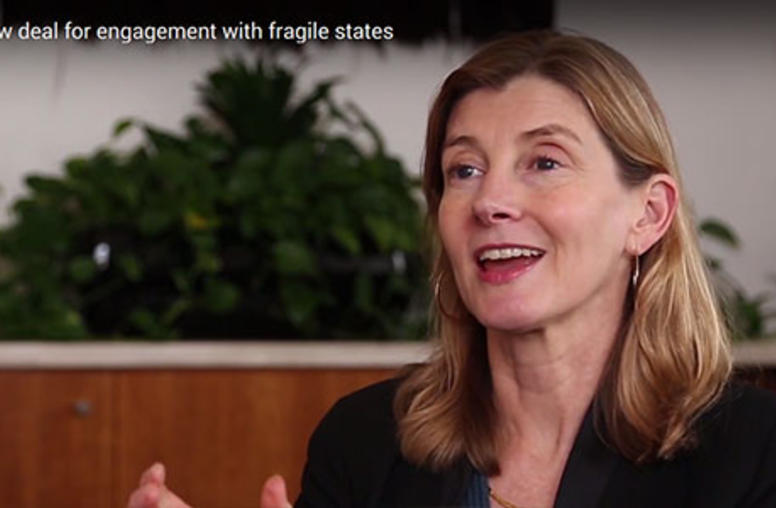
Nancy Lindborg: Finding common ground for development and defense
Development, diplomacy and defense must work together to help shepherd countries from fragility to peace and democracy. Nancy Lindborg shares her thoughts on bringing together the "three D's" for more effective crisis response.